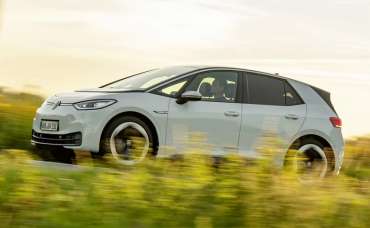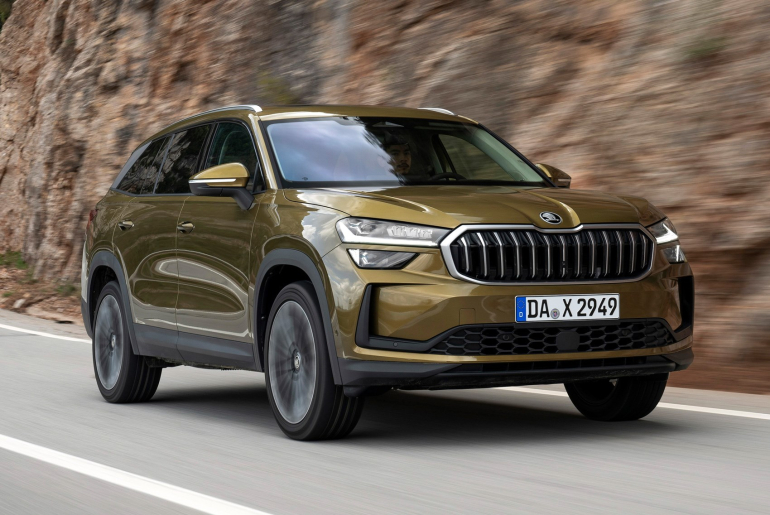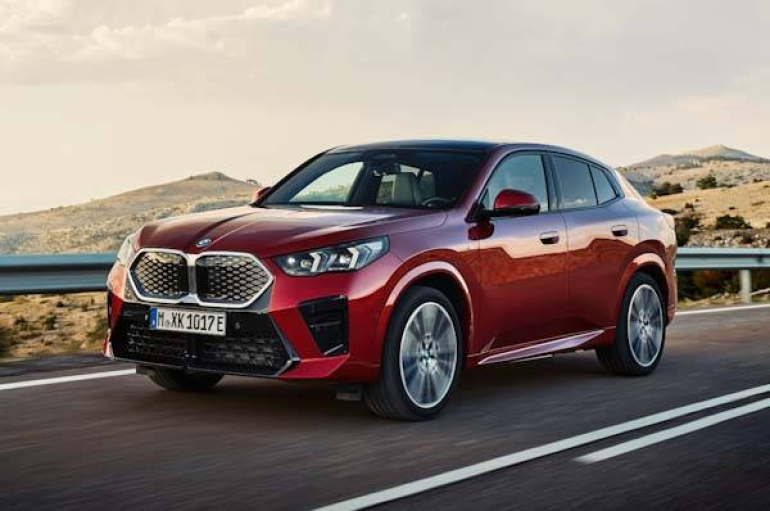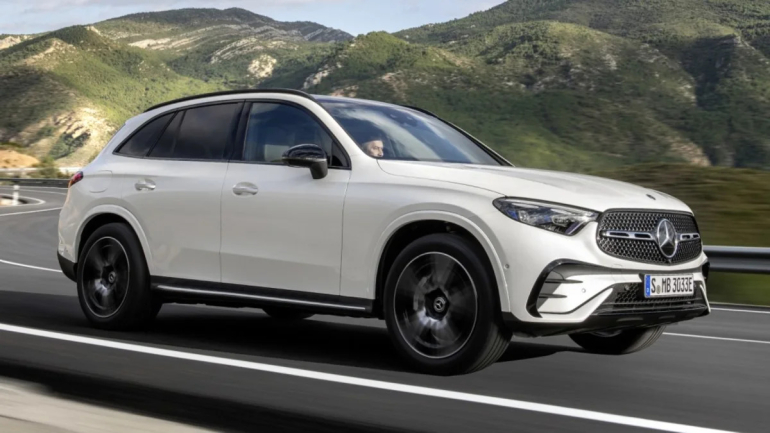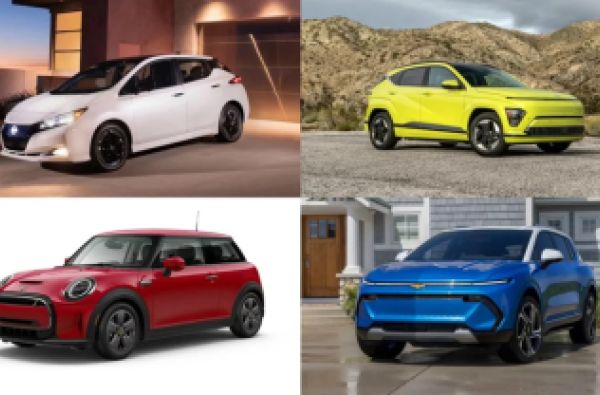Displaying items by tag: gasoline
Now and definitely: the EU has banned the sale of new gasoline and diesel cars from 2035.
The European Parliament on Tuesday gave final approval to the mandatory implementation of zero emission rates for new cars and vans from 2035, meaning that in 12 years no new petrol and diesel cars will be sold.
The new CO2 emission standards for cars and vans are part of the "Ready for 55" legislative package, and the decision was supported by 340 votes in favour, 279 against and 21 abstentions.
The regulation was supported by representatives of social democrats, greens and liberals in the European Parliament.
"This regulation encourages the production of zero-emission and low-emission vehicles. These goals provide clarity to the automotive industry and encourage car manufacturers to innovate and invest. It will be more affordable for consumers to buy and use zero-emission vehicles, and the used vehicle market will develop faster. In this way, sustainable transport will become available to everyone," said Liberal Club rapporteur Jan Huitema (Renew).
Tp means that in 12 years it will no longer be possible to sell new cars with diesel and gasoline engines, but only new vehicles without harmful emissions. The transitional targets for reducing harmful emissions for 2030 are 55 percent for cars and 50 percent for light commercial vehicles.
In practice, this means that new cars and vans on the market will no longer be allowed to emit CO2, but cars with internal combustion engines will not disappear from the roads.
Even after 2035, citizens will still be able to drive their existing cars with internal combustion engines, and even buy used gasoline and diesel cars.
After the final vote at the plenary session of the European Parliament, the text still needs to be formally approved by the Council before being published in the Official Journal of the EU.
Are electric vehicles cheaper to maintain than diesel and gasoline?
Audi estimates that the cost of maintaining an electric car is more than 40 percent lower than a car with conventional fuel
An electric vehicle has far fewer moving parts than a combustion engine. In addition, the architecture is much simpler and the concept less susceptible to wear. There is no replacement of the catalytic converter, oil or air filter, or spark plugs, timing belts or clutches to replace or change the oil. What electric car owners are also interested in, in addition to the purchase price and consumption, are the maintenance costs. But how much less is that compared to an internal combustion engine? We went out to market and found some examples of brands to compare. Surprisingly, the numbers were quite different.
Ford points out that with its fully electric Mustang Mach-E, it saves more than 60 percent over five years compared to traditional gasoline vehicles. Audi estimates that the cost of maintaining an electric car is more than 40 percent lower than a car with conventional fuel.
Volkswagen points to a 35 percent reduction in maintenance and repair costs, relying on data from Germany's Für Automobilwirtschaft (IFA).
However, a big problem is the high purchase price of electric cars, and the fact that electricity is often quite expensive at charging stations in Europe. Thus, the financial advantage of electric cars is currently questionable.


